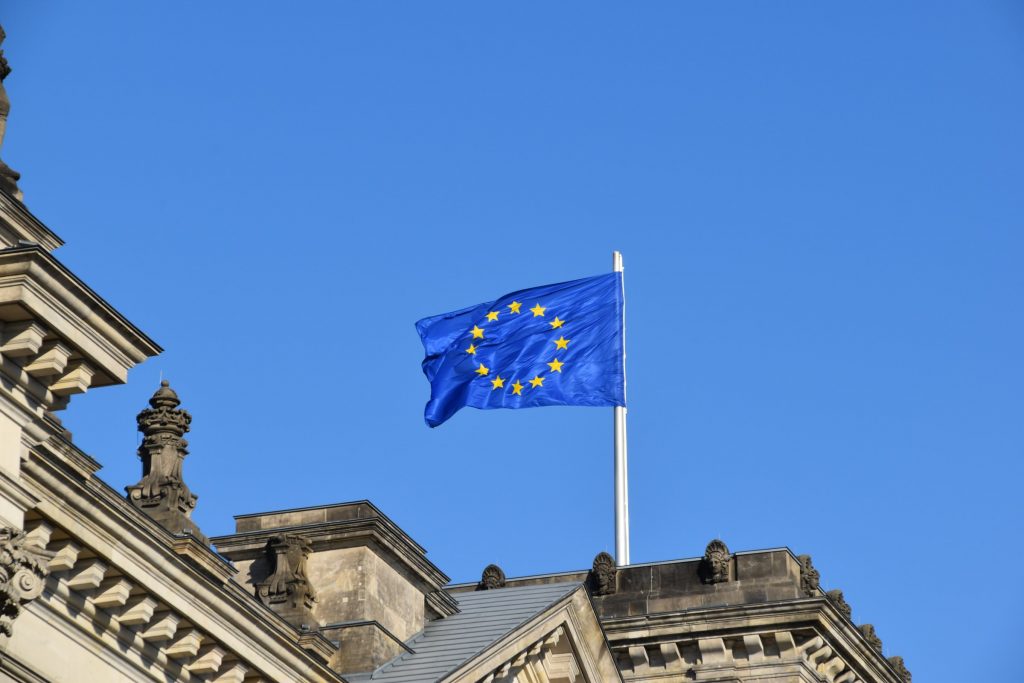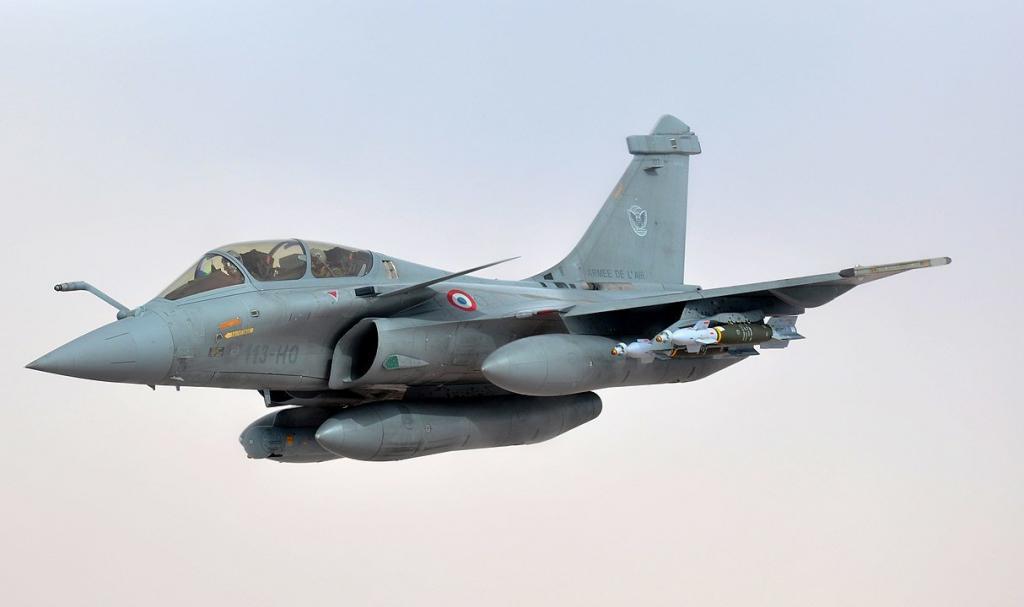The Estonian foreign minister, Urmas Reinsalu, on 19 May presented his ministry’s foreign policy strategy at the parliament; according to the document, the country’s foreign policy objectives are “the preservation of the Estonian people, the Estonian language and the Estonian culture through the ages”.
The document Reinsalu presented covers the country’s foreign policy strategy up to 2030, and, according to a press statement by the ministry, it was the first time “a forward-looking comprehensive strategy” had been composed. “It is centred on the idea that all sectoral actions of the state should be included more efficiently in implementing foreign policy, setting objectives and planning instruments,” the ministry said.
The “general foreign policy objectives comprise the preservation of the Estonian people, the Estonian language and the Estonian culture through the ages; reinforcing the sovereignty and independence of the Republic of Estonia in international relations; increasing prosperity in Estonia and protecting the Estonian community abroad, and Estonia’s increasing contribution to global sustainable development”, the foreign ministry added.
“For Estonia, security is and remains a foreign policy priority. Therefore, the first and most important tasks is ensuring and reinforcing security. Estonia’s foreign policy objective is to prevent threats and react flexibly to security threats as they emerge,” Reinsalu said.
Estonia at the very heart of the European Union
“The aim of our activities is to be able to state 10 years from now that our regional security is solid, Estonia’s presence and influence in the world have increased and the people of Estonia have good grounds for supporting the main lines of foreign policy, including our European Union and NATO membership.”

“With the support of the foreign service and our diplomats, the foreign policy strategy makes sure that in 2030, we can note that Estonia’s security is guaranteed in a rapidly changing world; we are known, listened to and trusted; Estonian businesses are doing well abroad, foreign investments are growing and thanks to convenient public services, the Estonian community abroad is always close to Estonia,” Reinsalu asserted.
“For example, in 2030 we would like to see that the European Union is functioning and influential, with Estonia at the very heart of it. Our relations with the United States are comprehensive and close. Our strong education system, and cyber and digital topics are known across the world. Estonia’s exports to foreign markets have increased, and innovative and user-friendly solutions have been introduced to provide services to Estonians abroad.”
According to Reinsalu, security threats are becoming more diverse and hybrid, cyber and pandemic threats are increasing. “There are power shifts in the economy, innovation, technology and industry across the globe. The population of the West is declining, while the global population is growing rapidly and migratory pressures increase.”
Ensuring global security and supporting sustainable development
“Additionally, the environment we are living in is increasingly under pressure. This is caused by a rising global population, the growth of consumption, a more extensive use of natural resources and climate change. Our choices are considerably more affected by the increased share of new technologies and digitalisation in the economy. Due to these changes, the foreign policy choices and decisions of today and tomorrow will have an impact on Estonia’s future.”
“Following the restoration of our independence, our experiences tell us that Estonia’s interests are best protected through international cooperation based on values and rules. Therefore, we offer every support to preserving and strengthening the rules-based order based on international law. Estonia is guided by the principle that by ensuring global security and supporting sustainable development, we are also bolstering our own security. One of the ways of doing this is to address problems in countries of origin through development cooperation. Considering future trends, the importance of such activities is likely to increase,” the minister stated.
“It is vital to punch above our weight in foreign policy. To this end, Estonia must contribute to the development of new initiatives, such as the Three Seas Initiative of Central and Eastern European states. Next year, Tallinn is hosting a meeting of the foreign ministers of NATO’s Eastern Flank. Foreign policy does not only involve reacting to external events, instead, we are continually working towards ensuring Estonia’s security, creating more opportunities for Estonia entrepreneurs on foreign markets, raising Estonia’s profile, and strongly supporting states and countries in their ambitions of freedom.”

It’s the state’s job to support companies in entering foreign markets
“Naturally, we reviewed the strategy due to the COVID-19 pandemic,” Reinsalu noted. “The current situation clearly revealed our shortcomings, such as the fact that the state’s direct support for entrepreneurs, especially on more distant markets, is more important than ever. In international cooperation, we are also expanding activities aimed at crisis prevention and crisis management,” he added.
“It is the state’s job to support companies in entering foreign markets, particularly at the end of the crisis, when previous rules may no longer apply. To this end, we are closely cooperating with Estonia’s exporters, especially on more distant markets, where the state’s assistance in ‘opening doors’ is particularly essential. Companies are increasingly interested in more distant markets, particularly in Asia and Africa. In Africa, we also see opportunities for closer economic cooperation in the future.”
The implementation and reporting of the strategy are organised through implementation programmes that are renewed annually by 1 March. The implementation of the strategy will be monitored through various measures, such as the presence and influence of Estonia in the world, Estonia’s position in the global competition index as well as Estonia’s foreign representations in the world and the availability of services abroad.
The Foreign Affairs Committee of the Estonian parliament will now submit written amendments to the strategy, and the foreign ministry will then refer the updated strategy to partners and other ministries for approval. The final approval to the strategy will be given by the government.
Cover: A woven Estonian flag. The image is illustrative.

